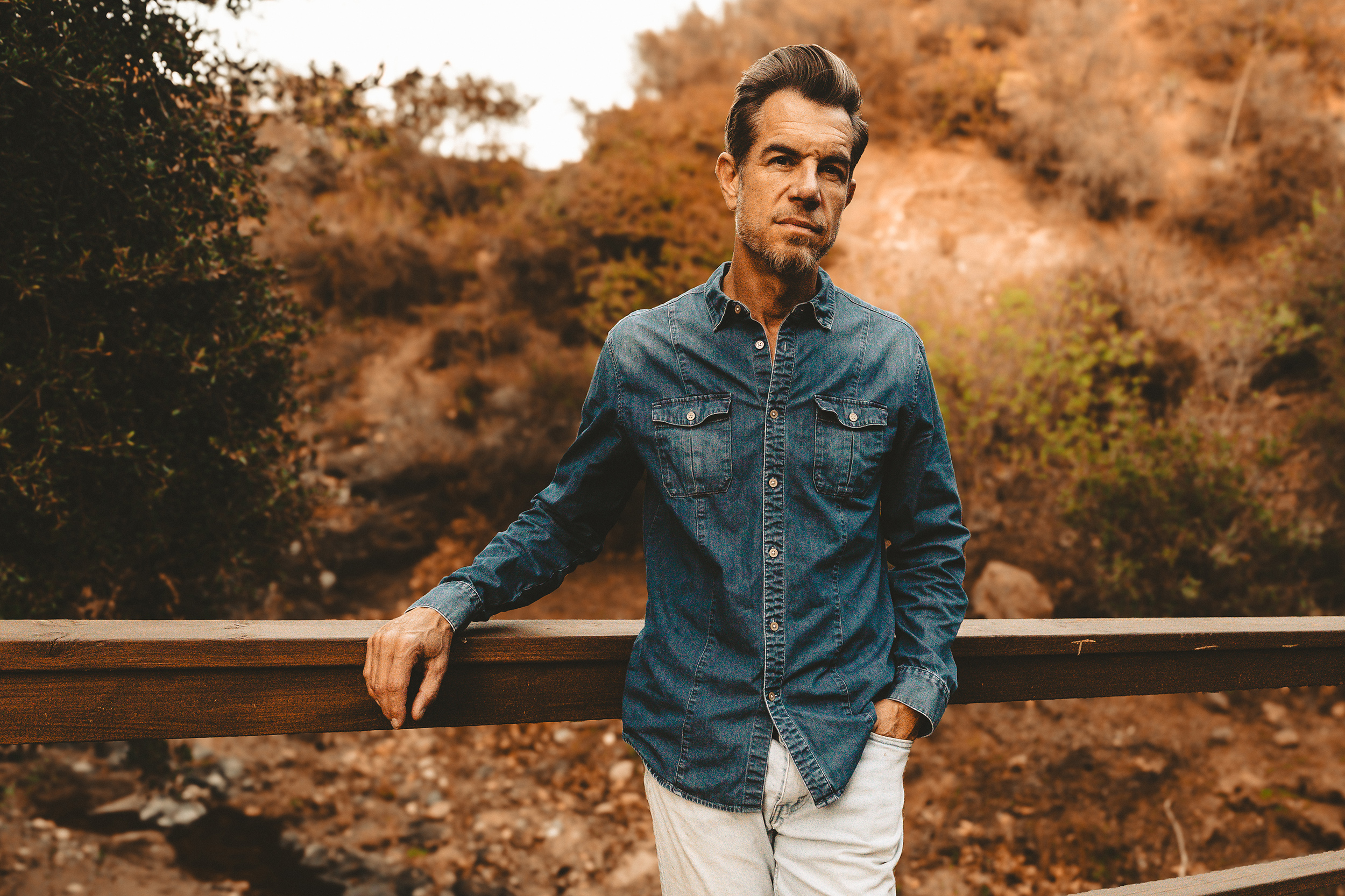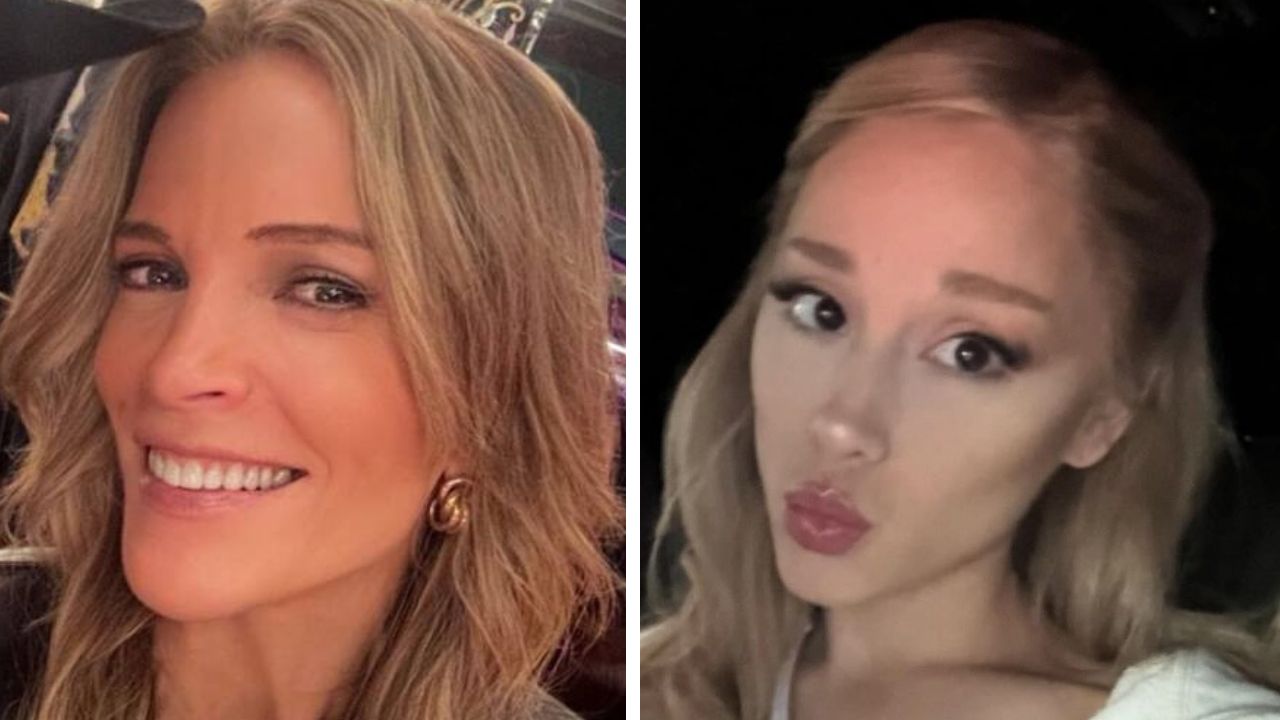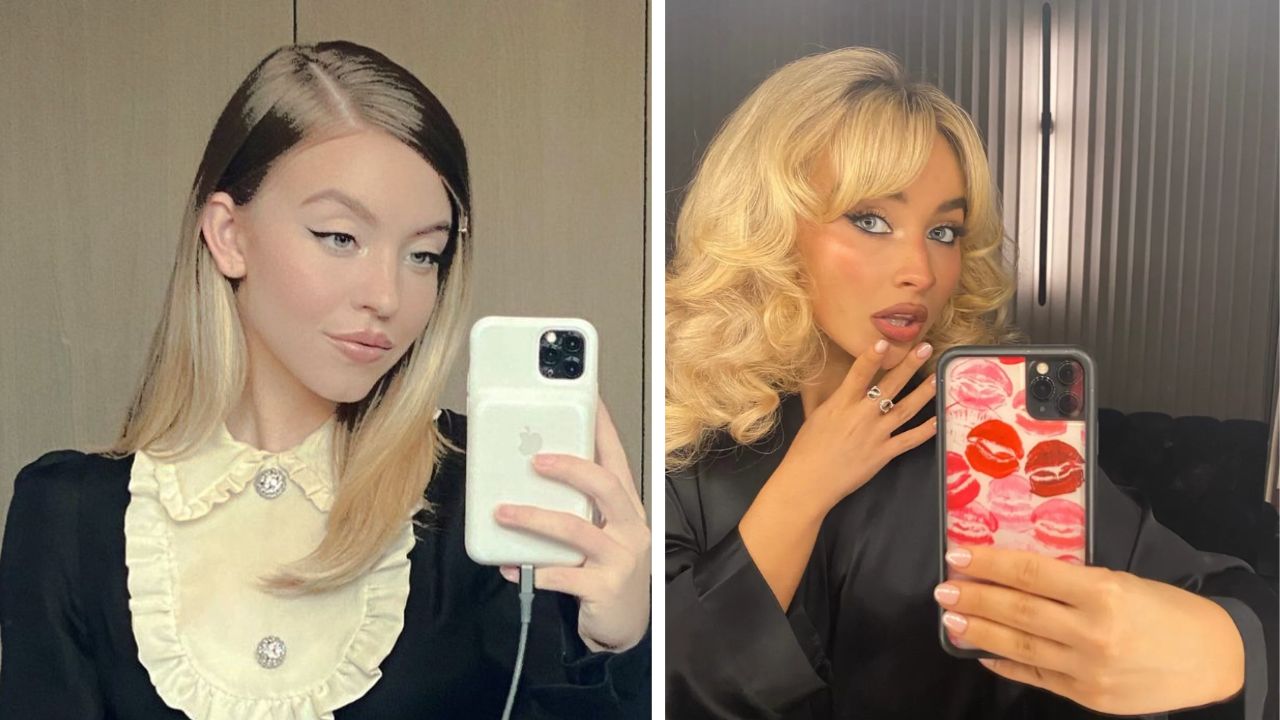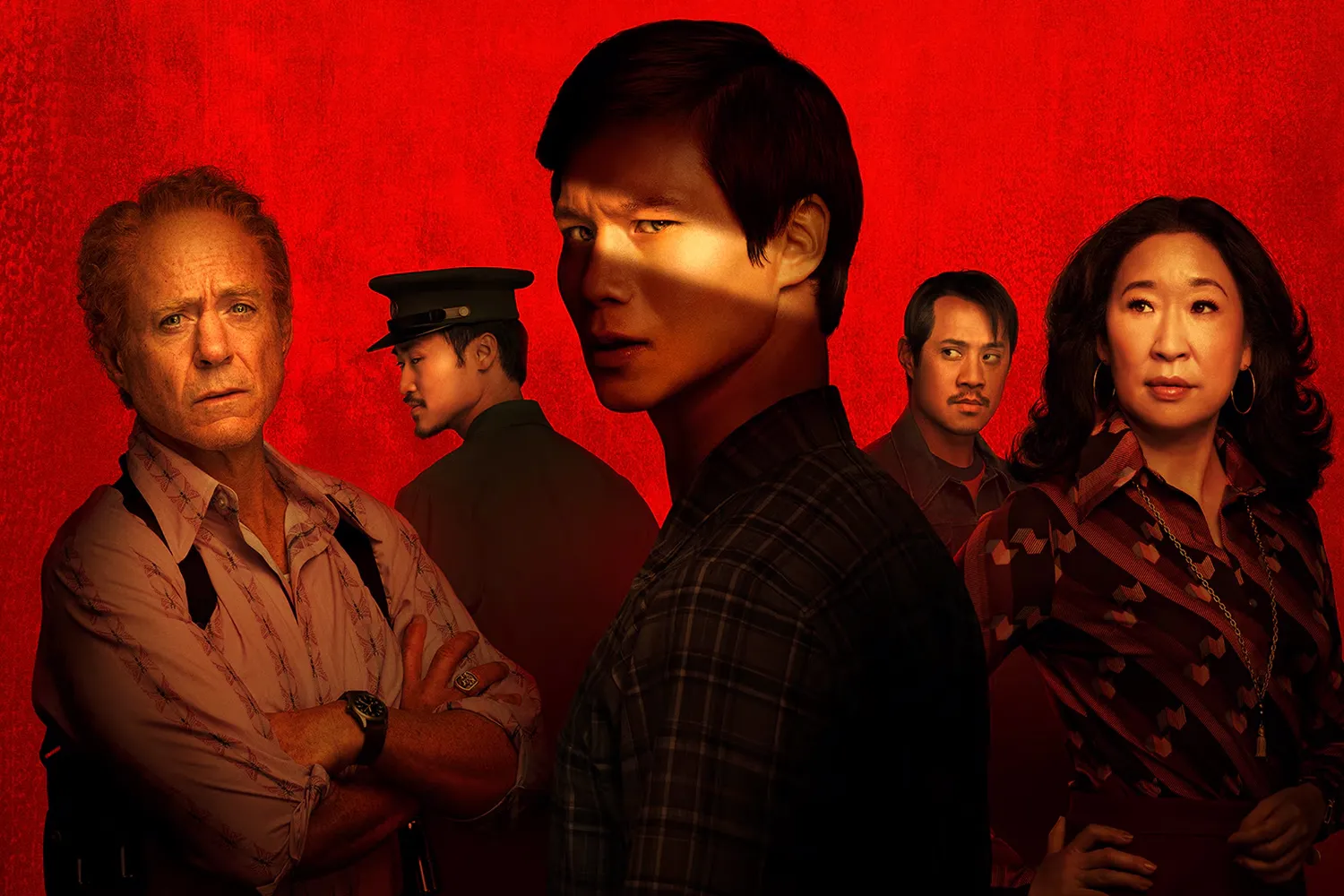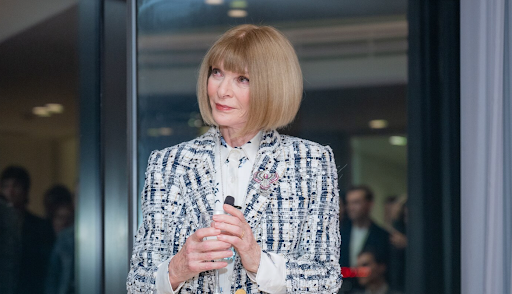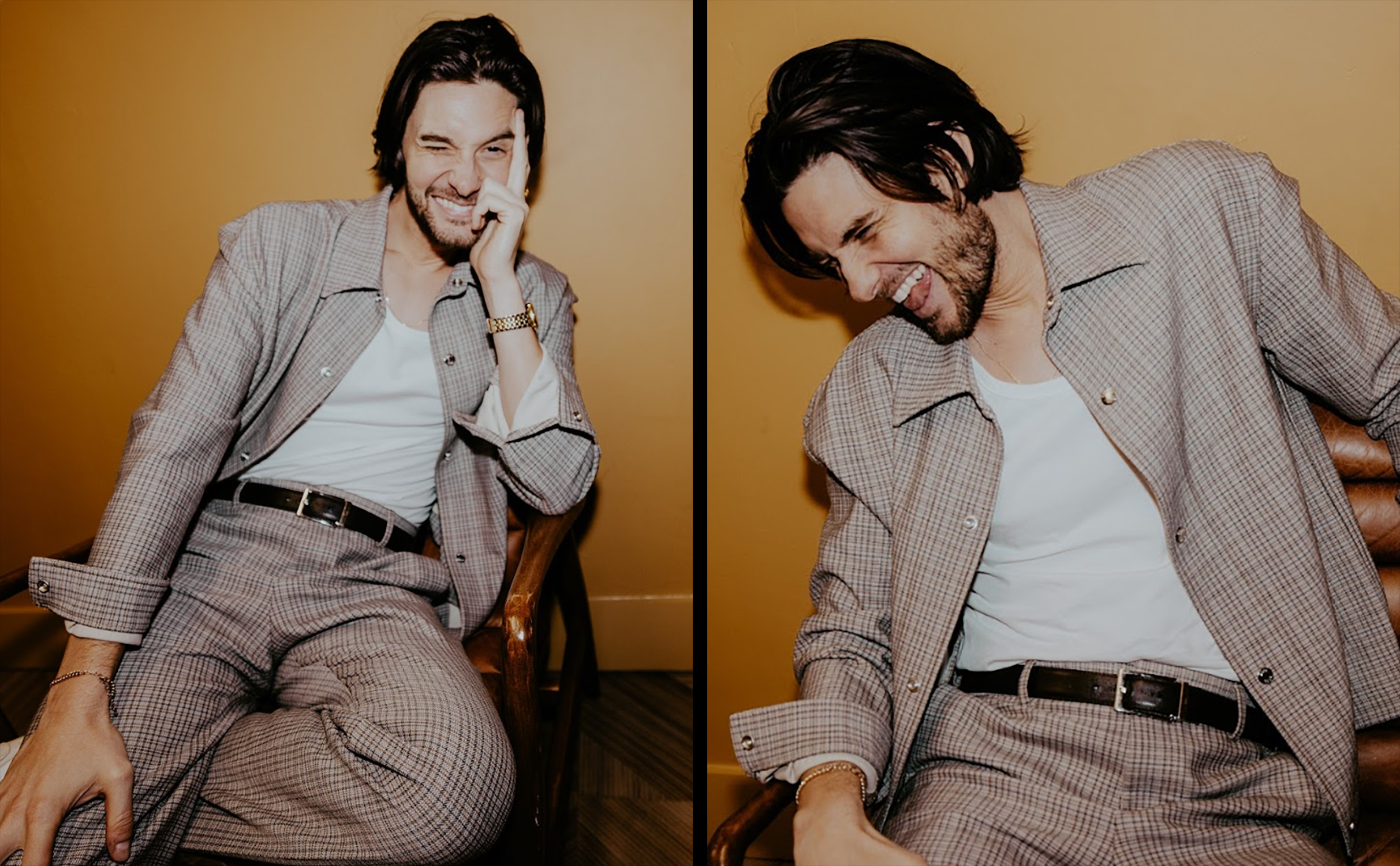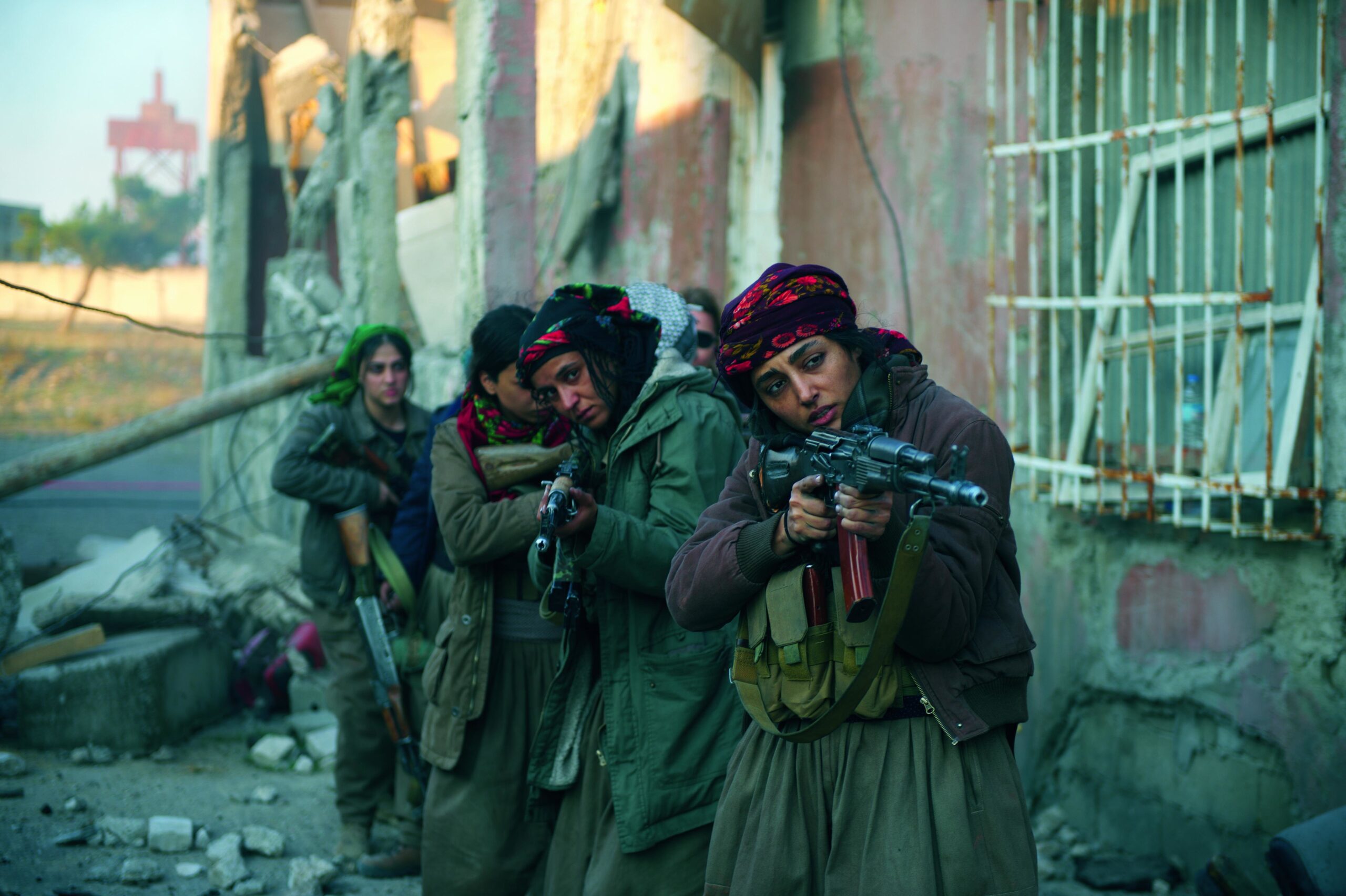
Maneki films/khatia ( juda ) Psuturi
Over the Cannes Film Festival’s 71 years, over 1,600 directors have had their work featured. Only 82 have been women.
Sentiments regarding issues of gender equality in the film industry were plethoric at the festival. The American Pavilion required attendees to sign a waiver that they would not tolerate sexual misconduct of any kind. Kristen Stewart graced the red carpet without her heels to go against the tradition of the festival. And most prominently, Cate Blanchett led a protest along with 81 other women trying to shed light on the representation issue, a protest that introduced the red carpet premiere for this film.
However, there were still only three female directors competing for the Palm d’Or, so maybe these efforts were only in vain. Les Filles du Soleil‘s Eva Husson was among these women.
The film takes inspiration from the August 2014 ISIS raid into Yazidi territory, where the soldiers killed the men and kidnapped the women in a mass act of genocide and sexual slavery. Emerging out of these events were a group of strong women known as the “Girls of the Sun” combat unit, who fight to take back their country from the barbarian behavior overwhelming it. They were ultimately successful, but the impact goes far and beyond this powerful story. It also reflects the struggles that women suffer through all over the world, which are often struggles to which Western women can easily turn a blind eye.
In its fictionalization, the film focuses primarily on Bahar (Farahani), the commander of the Girls of the Sun unit, who is determined to locate her son after his kidnapping over the course of these events in pursuit of freedom. She shares her story with journalist Mathilde (Berco) from France as the women come to understand the impact of war on both of their lives.
Success is found in balancing these elements of the film, where a viewer is able to feel equally empathetic for Bahar and Mathilde upon viewing their experiences of war. This is most especially in the handling of Mathilde as it is often difficult to portray the journalist in a way that does not come off as cheesy. Even with the decision at the conclusion of the film to read from Mathilde’s writing feels natural. The delicate handling of flashbacks throughout helps to build our trust not only of the story, but also for the well-being of the characters. It engages the audience in a way films at Cannes traditionally struggle with.
Another success of the film is the starring actresses. Both play their parts divinely, fully fleshing out their characters as far more than women in their situations, but rather whole people who happen to be dealing with their problems uniquely based on their gender. The question of gender is handled interestingly throughout. While there are male characters, their names are not important, if revealed at all. They are aggressors. They are the reason the women are having to struggle so hard because they are power mad and brutish. But they are not important as individuals, a reversal of the stereotypical position of women being the pawns in men’s games. The combination of these elements, therefore, sounds a lot like the jury’s ideal for a winning film given the social issues in discussion.
Why, then, would the film not succeed in the award circuit of the festival? Despite the bold protest on the red carpet and a slew of journalists cramming into screenings, the jury did not award Les Filles du Soleil with any recognitions. This makes you consider the film’s biggest flaw: its rawness, its truth. Cannes is a place for great stories, but there is a lot of prestige held in these stories being something concocted from the imagination mostly and only reflecting on the exterior elements of the world. I believe this film mostly did that, but I can see how the jury may not feel the same.
I think, however, that this film will be able to be considered a major success if it is able to make its way into the homes and heads of Western audiences. These are people who can’t spell Kurdistan by and large, let alone tell you the political goings on of the place. By sharing this story with more people in order to understand the complete scope of the conflicts of the Middle East (as well as grasp the complexity of the role women play there), it will educate audiences. That most likely means more than any trophy.
Running time: 115 min | Director: Eva Husson | Starring: Golshifteh Farahani and Emmanuelle Bercot
More about the Cannes Film Festival can be found here.
Rachel A.G. Gilmanis a writer, a radio producer, and probably the girl wearing the Kinks shirt. Visit her website for more.
POP⚡ DUST | Read More About Film…
SATURDAY FILM SCHOOL | ‘Deadpool 2’ Is a Chaotic Meta Jokefest

